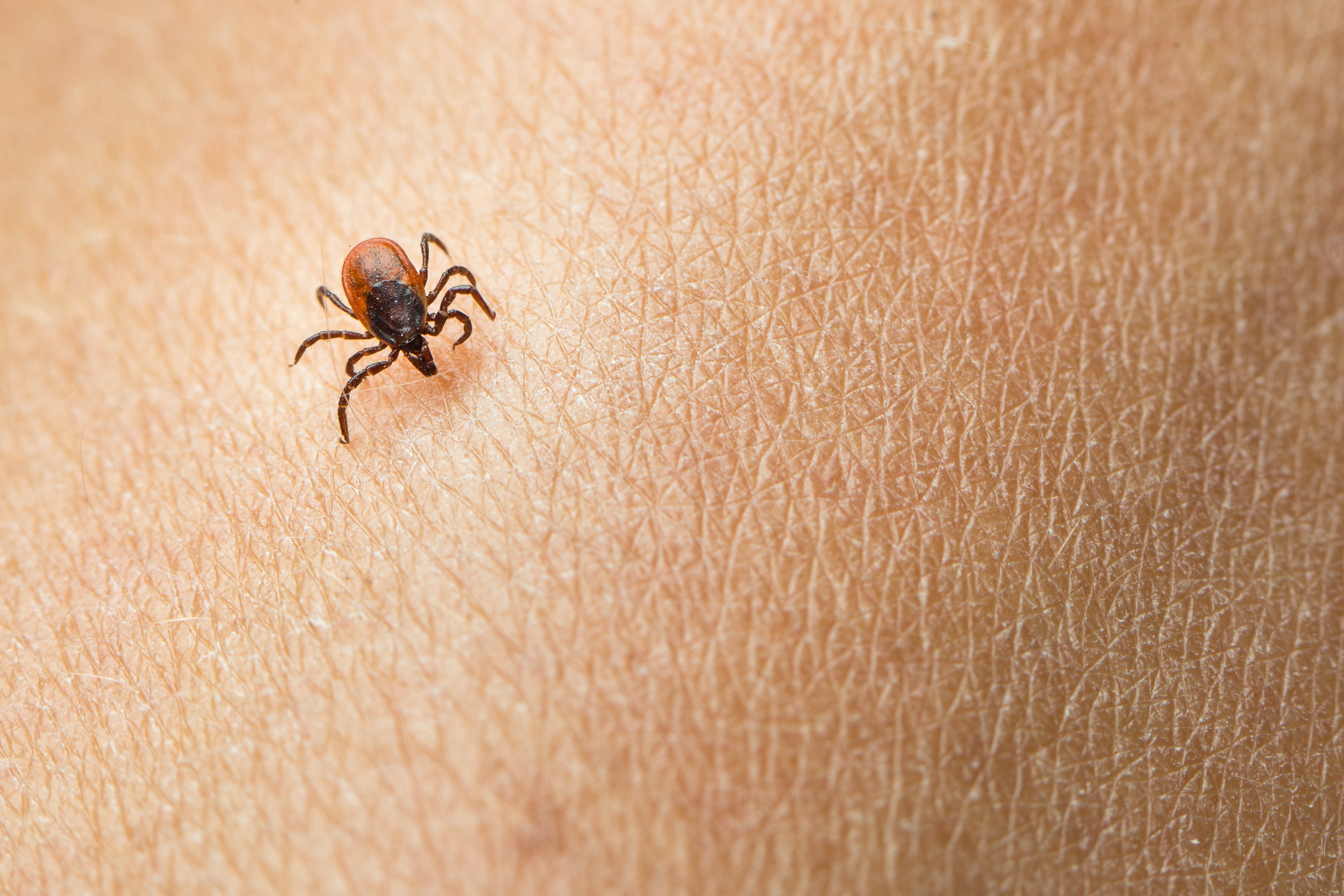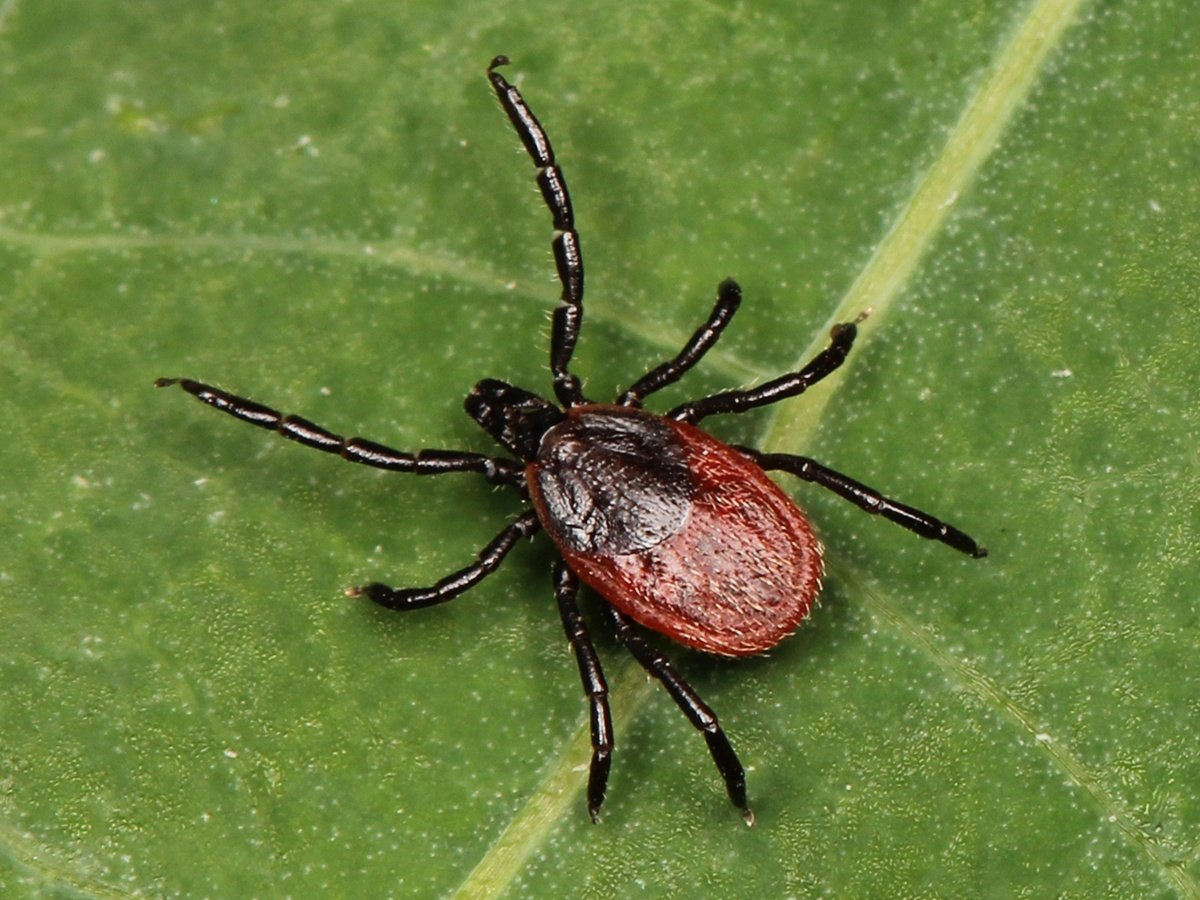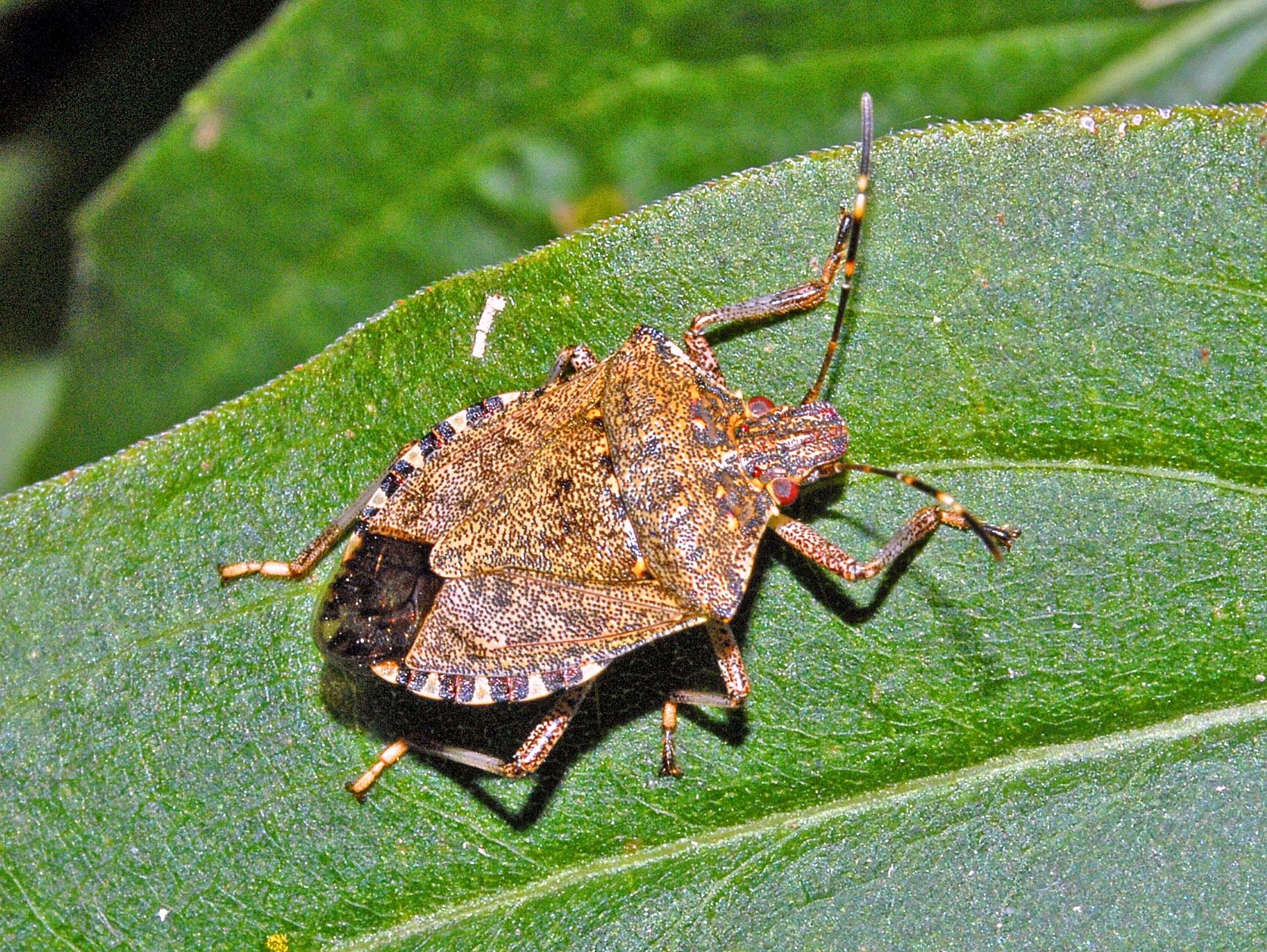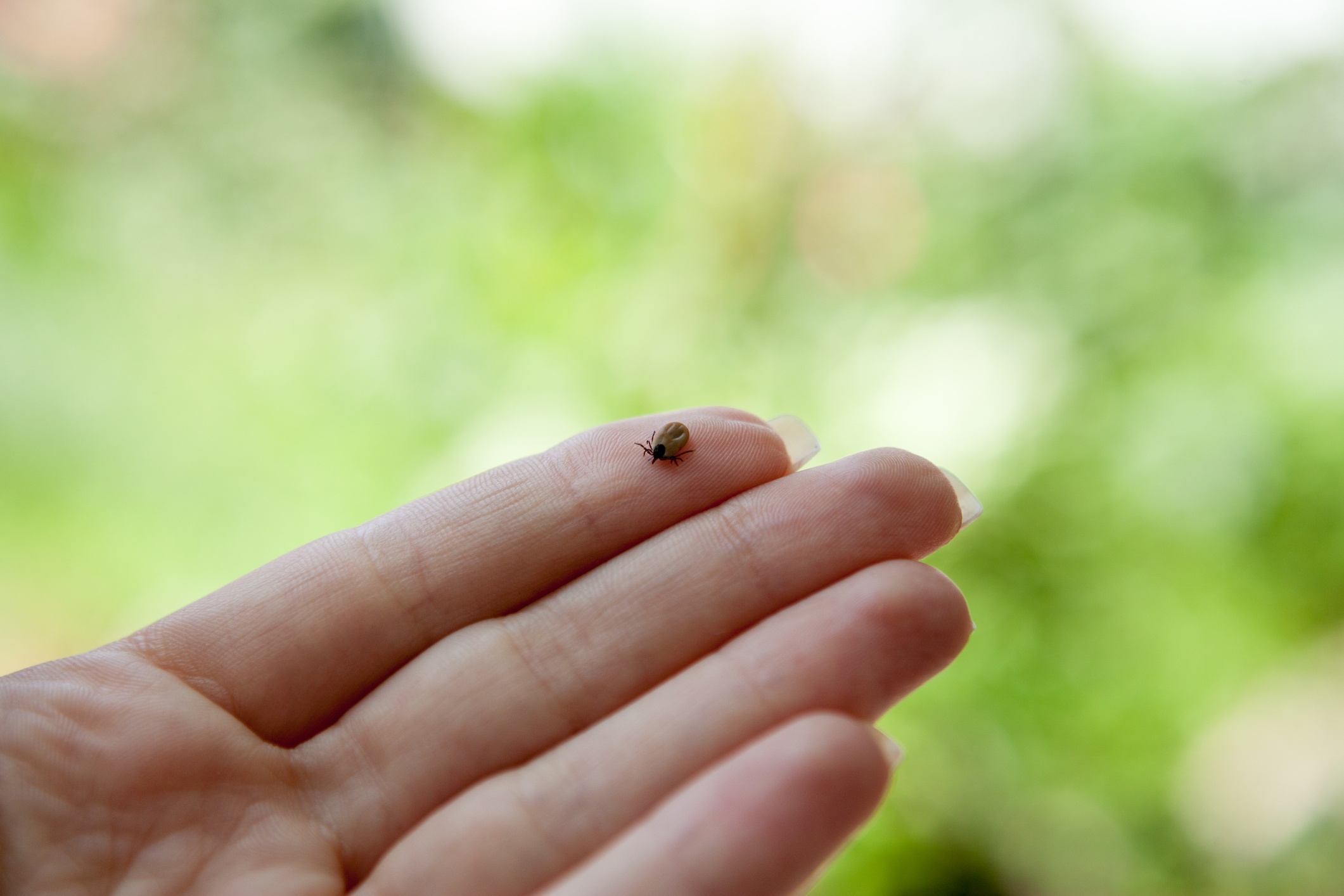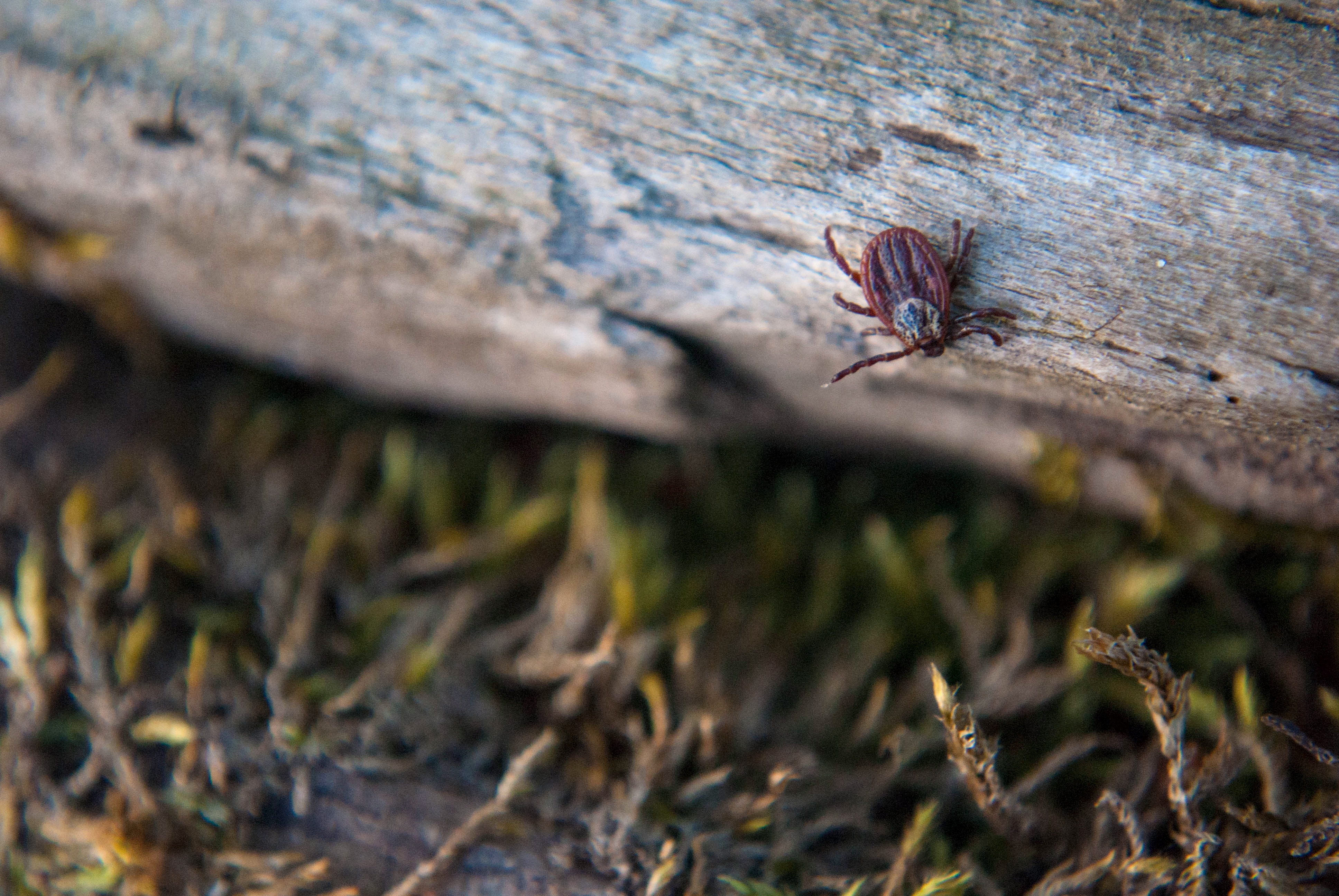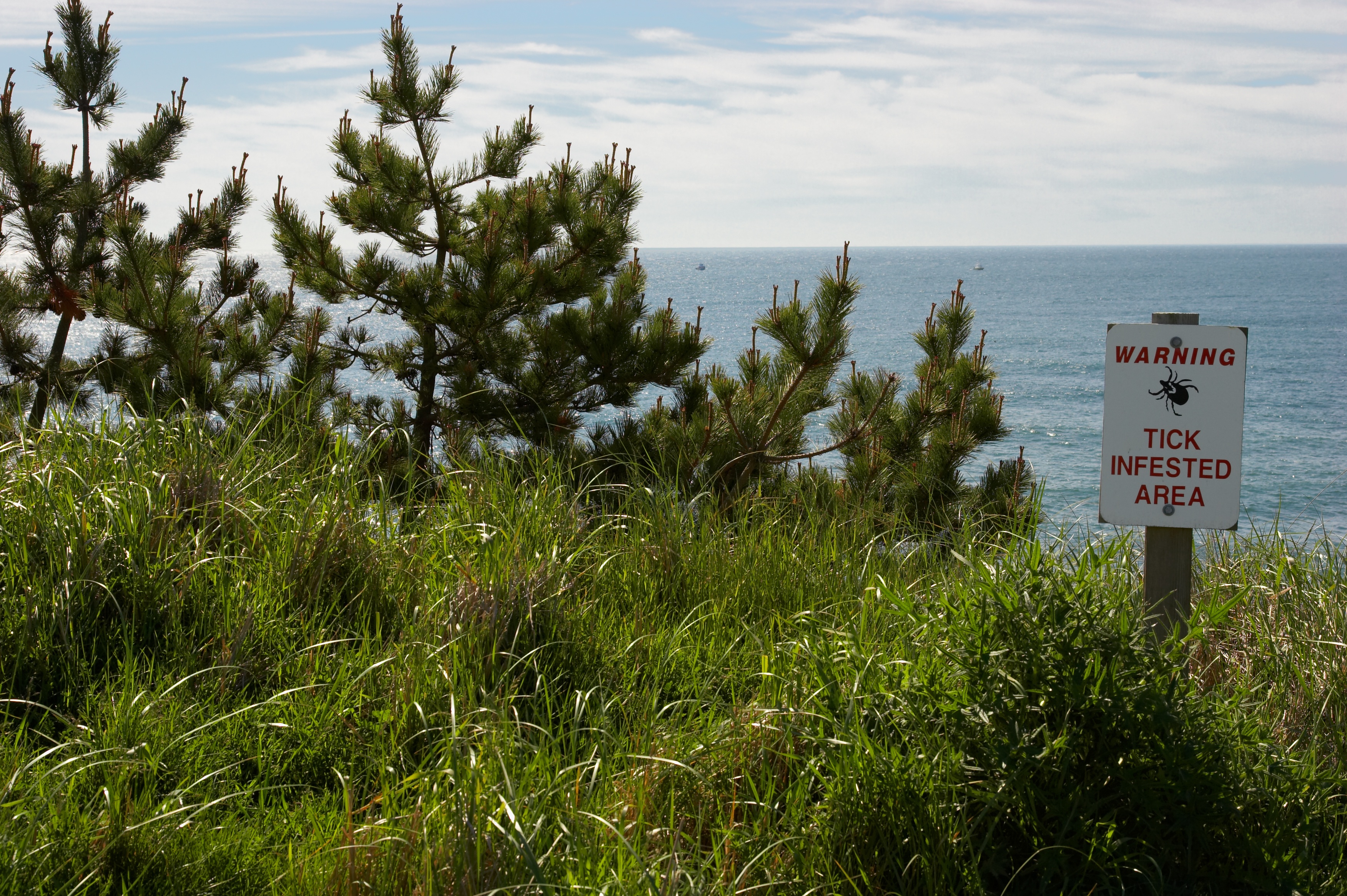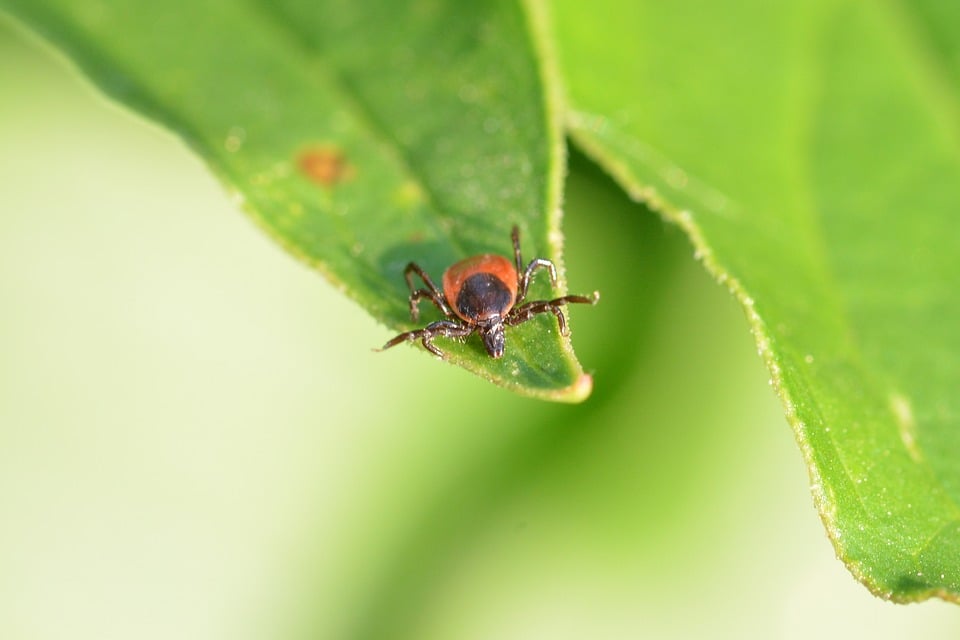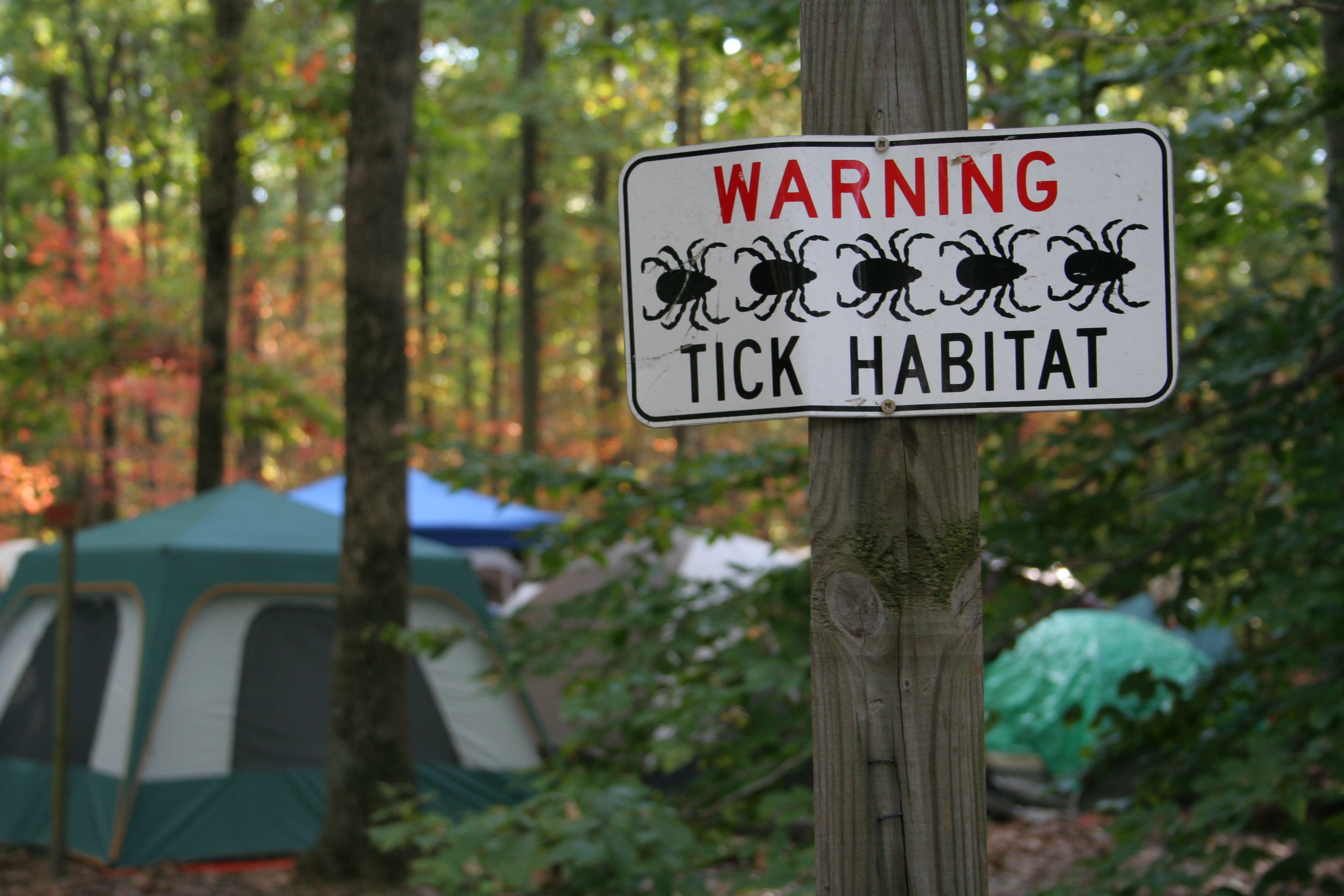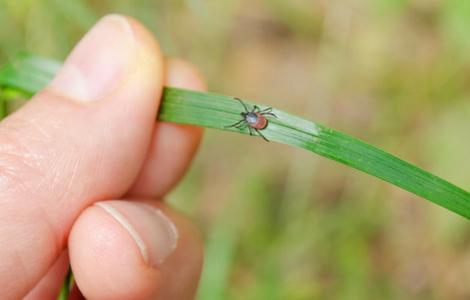For many Canadians, the end of April means warmer weather and NHL playoffs. For us at Mosquito.buzz, however, April showers bring tick encounters - forget about those flowers!
While ticks can be active all year round, risk of human exposure is greatest in the late spring and during the summer. Once better weather hits, so do the ticks, and they will begin questing for their next blood meal as soon as they are ready. Unfortunately, this just happens to coincide with the start of our spring outdoor activities.
Right now, ticks across the country are gearing up for their first blood meal, which is required for them to stay alive and advance to the next stage of their life cycle. In order to combat tick encounters and the harmful diseases that they can potentially spread, we need to better understand their life cycles, from egg to adult stage.
Read on to learn more about the life cycle of the tick.


